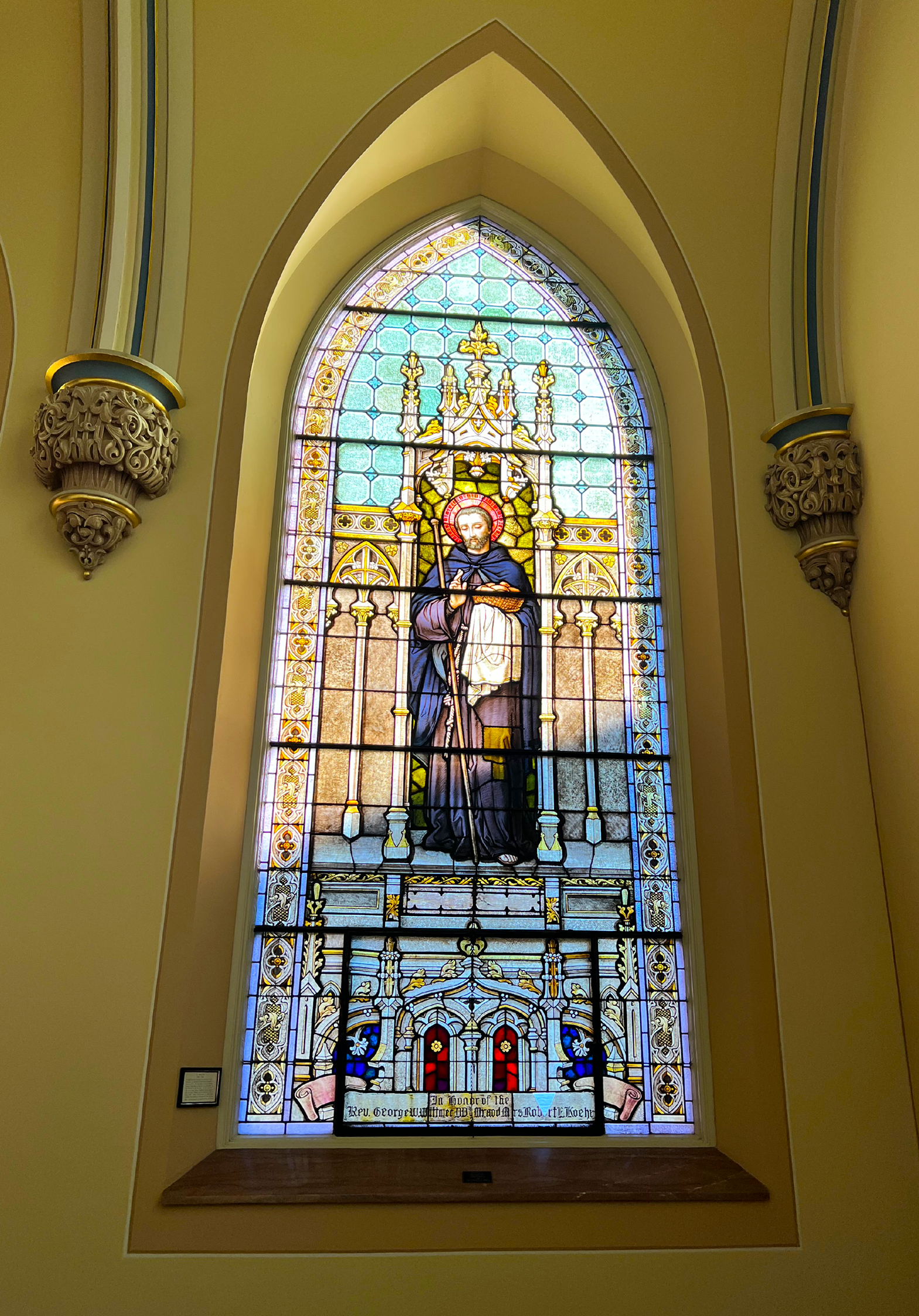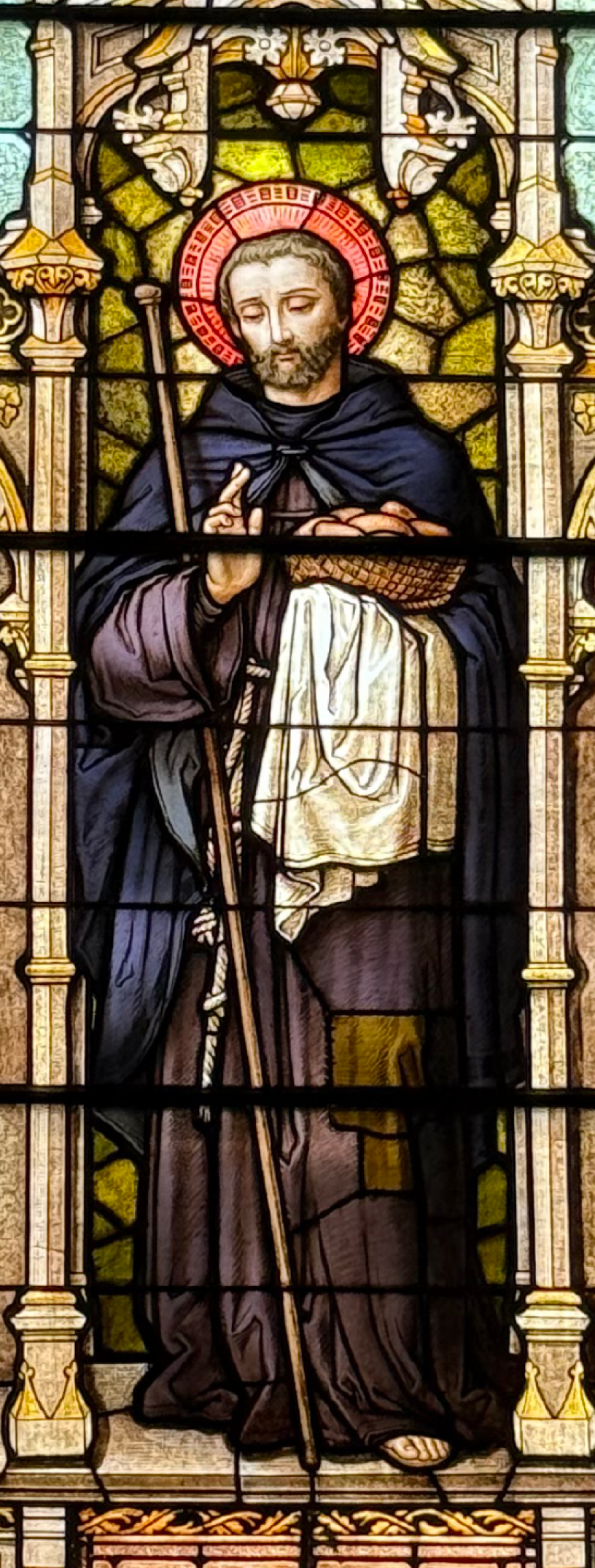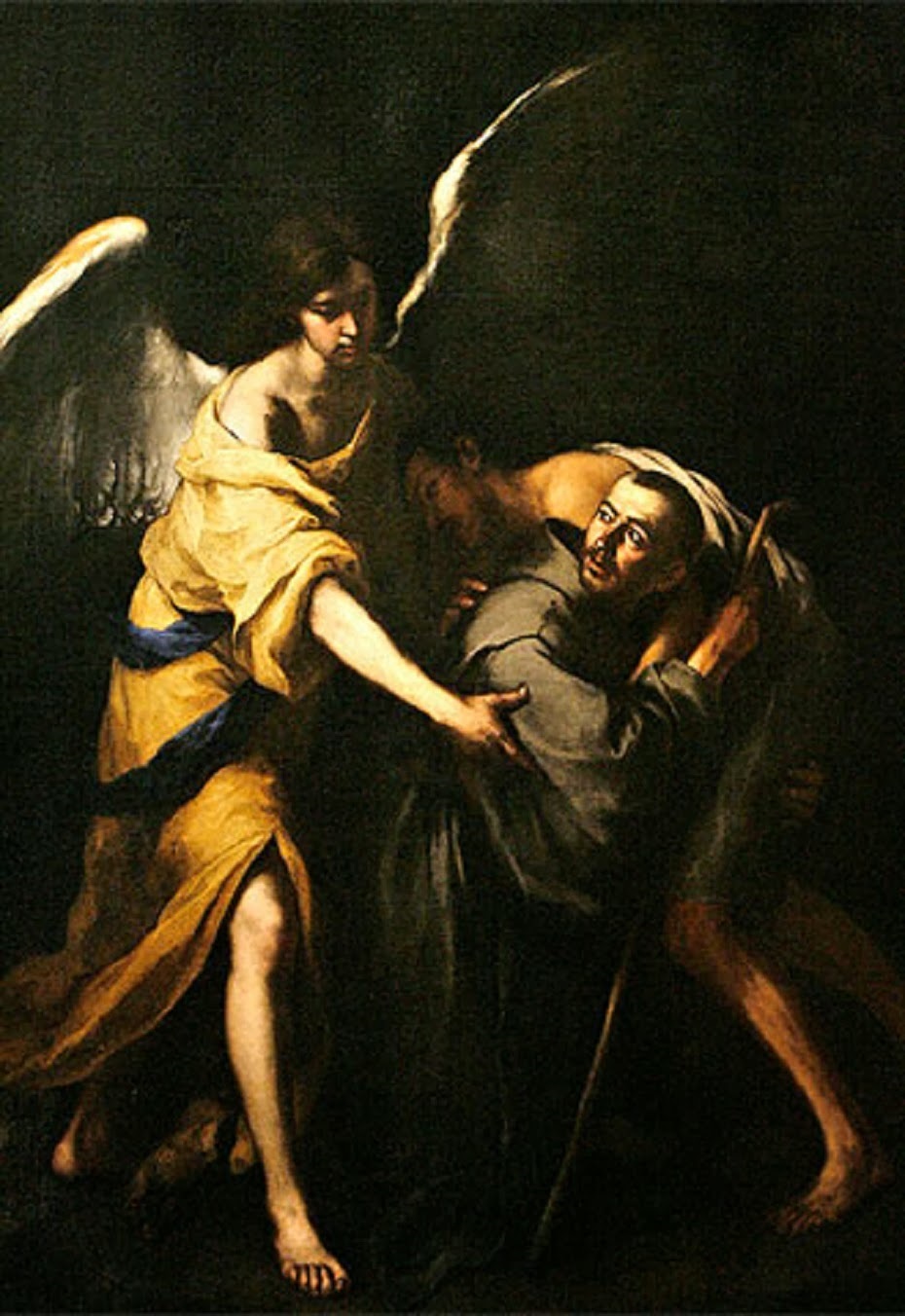
A soldier who had given up the practice of his religion. He underwent an emotional experience at the age of 40. His hope that he would gain the crown of martyrdom in Morocco as a missionary to the Muslims was not realized. At this point he was, as it were, really converted through contact with the great Spanish preacher and mystic John of Avila (1500-1569). He persuaded St. John of God to devote his energies to the care of the sick and poor. In this service he continued until his death.

In honor of the Rev. W. Wittmer, D.D., by Mr. And Mrs. Robert E. Koehr


